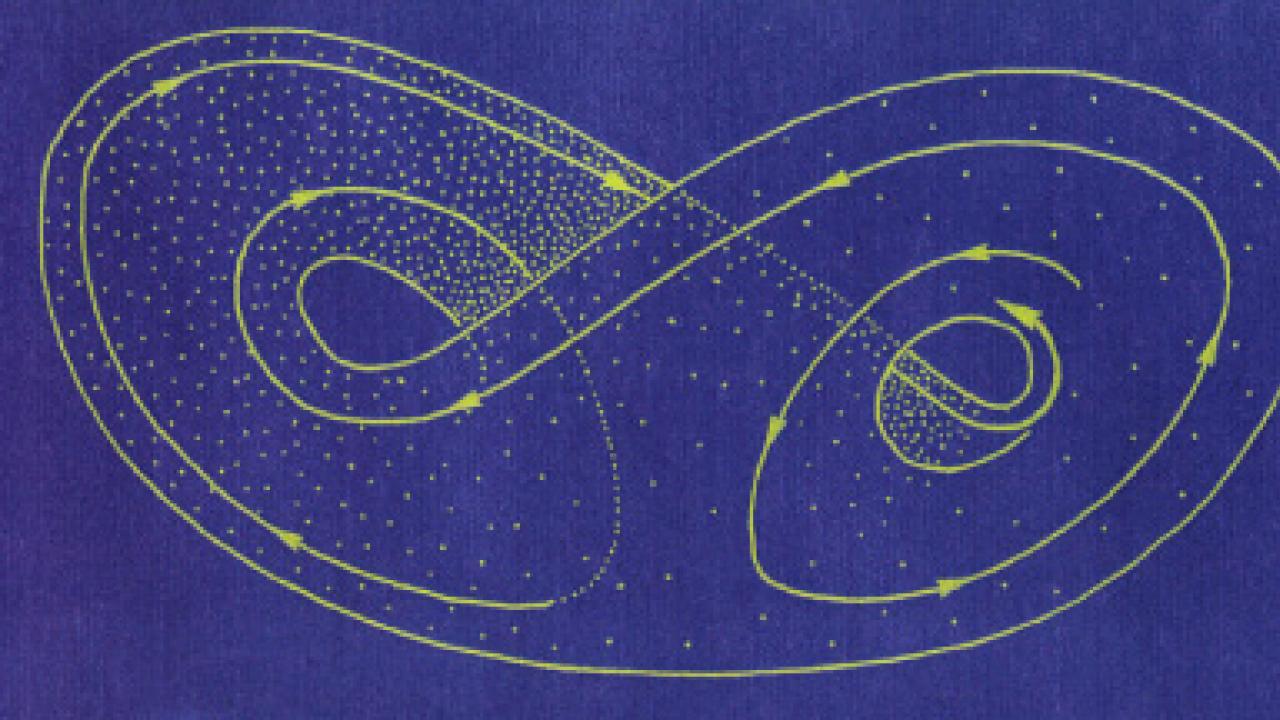
Some 230 scientists from around the world recently descended on
Trieste for ICTP's "School and Conference in Dynamical Systems".
Co-sponsored by the European Science Foundation (ESF), the activity
was held from 21 May to 8 June 2012.
Speakers and lecturers included Fields Medallist Jean-Christophe
Yoccoz as well as several mathematicians from the Instituto
Nacional de Matemática Pura e Aplicada (IMPA), a leading
mathematics research institute in Rio de Janeiro, Brazil.
ICTP mathematician Stefano Luzzatto, an organizer of the
conference, says the popularity of the event reflects the strong
tradition of dynamical systems in Brazil and the rest of South
America, which helped the organizers attract world-class speakers.
But it is the international interest in the main subject--dynamical
systems--that drives the demand for the conference, which has been
held every three to four years since the 1980s.
"Dynamical systems is in many ways the most basic area of
mathematics, in the sense that it is modelling the evolution of
systems that change in time," explains Luzzatto.
The field has experienced major developments in the last 40 to 50
years with the realization that many dynamical systems can exhibit
very unpredictable, chaotic behaviour (so-called chaos theory).
"Even though dynamical systems are very deterministic in the sense
that it is just a series of causes and effects, nevertheless it can
be very hard to predict the outcome," Luzatto says.
He uses the example of a coin toss to illustrate his point.
"Here is a system that is very deterministic -- a force is applied
to a coin -- but that doesn't make the outcome predictable. Yet you
can predict the average outcome, and this has become a dominant
area of research for dynamical systems, using the language and
techniques of probability theory."
The School and Conference in Dynamical Systems was co-sponsored by
the European Science Foundation, PRONEX - Dynamical Systems/CNPq,
DynEurBraz, and Scuola Normale Superiore di Pisa.
More details about the school and conference can be found on its
website.
















